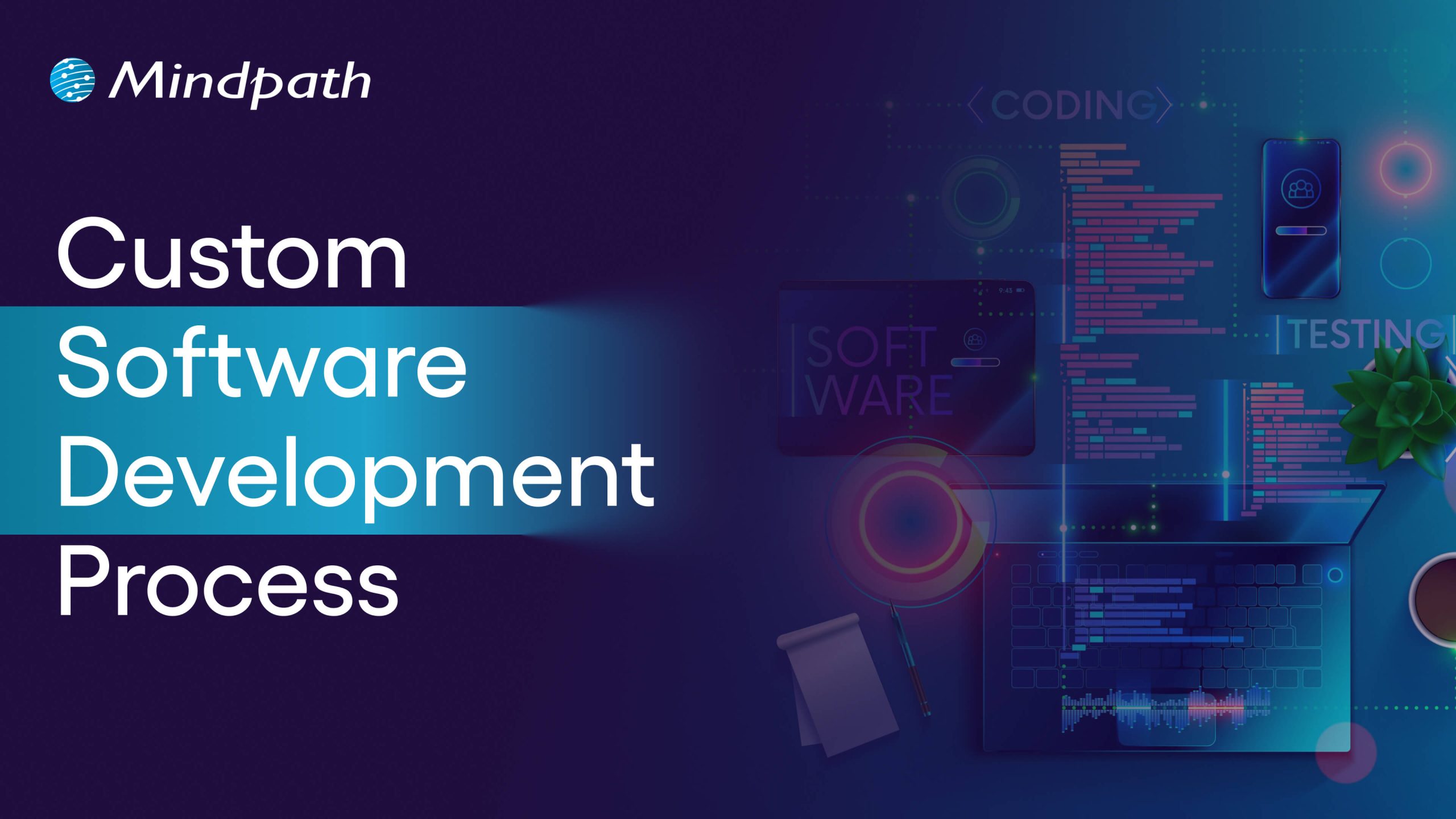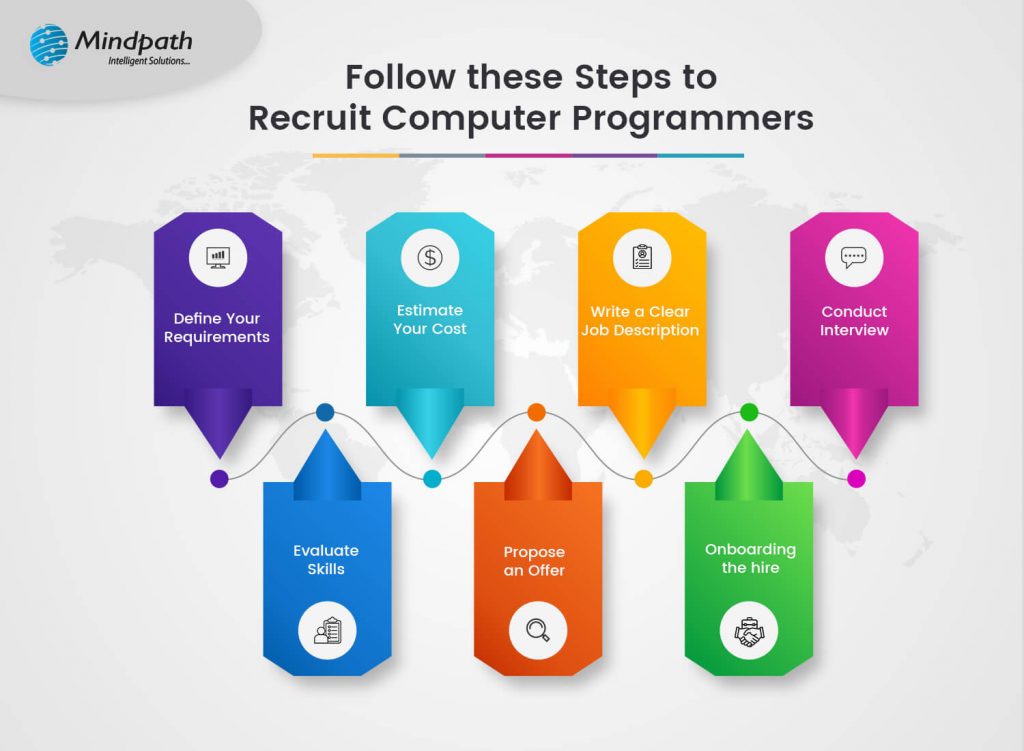Have you ever wondered how businesses are staying ahead in the ever-evolving world of technology? As we step into 2025, machine learning is no longer just a buzzword—it’s a driving force behind smarter decisions, personalized experiences, and streamlined operations. But what are the top applications of machine learning that can truly transform your business? In this blog, we will dive into the possibilities and explore how this cutting-edge technology is reshaping industries worldwide.
Machine learning is a form of technology that enables computers to learn and make choices independently without explicit instructions. It employs data to identify trends, forecast outcomes, and enhance over time. For instance, it operates features such as recommendation engines on e-commerce sites or virtual assistants like Siri and Alexa. Machine learning is increasingly integrated into our lives and enterprises. It enables businesses to operate more swiftly, enhance customer service, and potentially reduce costs. Understanding the application of machine learning can provide companies with an advantage in addressing challenges and maintaining a lead over their rivals. For individuals, it’s useful to grasp how this technology influences the tools and services we utilize daily.
Let’s dive into the machine learning applications 2025!
Top Machine Learning Applications in 2025
1. PyTorch
PyTorch is a robust framework for machine learning that has gained significant popularity in the last few years. It was constructed on a previous library named Torch, but as Torch is no longer maintained, PyTorch has become the preferred library for developers. A major advantage is TorchScript, which enables developers to transition smoothly between testing and production settings with minimal effort. It additionally facilitates distributed training, enabling machine learning models to be trained more quickly and on larger datasets, making it perfect for companies that require high performance.
In 2025, PyTorch remains distinguished by providing extra tools such as Captum for comprehending how models arrive at decisions and PyTorch Geometric for developing intelligent systems that operate with interconnected data like networks or graphs. For users of scikit-learn, skorch guarantees compatibility, facilitating seamless integration. Programmers and enthusiasts have the option to participate in communities such as PyTorchDiscuss to exchange ideas and explore more complex machine learning subjects. As machine learning influences the future, PyTorch is essential in making these developments reachable and efficient.
2. Accord.NET
Accord.NET is a machine learning library specifically created for C# programmers. Developed by César Roberto de Souza and initially released in 2010, it has gained popularity among users of the .NET platform. Accord.NET offers an extensive array of capabilities, such as tools for statistics, machine learning, and neural networks. It additionally provides a range of algorithms including classification, regression, and clustering, which are crucial for creating intelligent systems. In addition to machine learning, Accord.NET offers libraries for audio and image processing, enhancing its versatility for media analysis and recognition applications. Developers can obtain Accord.NET as source code, pre-built installers, or through NuGet packages, which serve as a package manager tailored for Microsoft’s development tools. As the significance of machine learning expands, frameworks such as Accord.NET simplify the process for developers to build creative applications while operating within known environments.
3. Caffe
Caffe, which stands for Convolutional Architecture for Fast Feature Embedding, is a deep learning framework created by the Berkeley Vision and Learning Center in 2017. Crafted in C++, it aims for superior performance and adaptability, facilitating smooth transitions between CPU and GPU processing. It additionally offers interfaces for Python and MATLAB, enhancing its versatility for developers. Caffe is famous for its speed, handling more than 60 million images daily using only one NVIDIA K40 GPU. This makes it a perfect option for activities such as image classification and segmentation. It seamlessly works with GPU and CPU libraries such as NVIDIA cuDNN and Intel MKL, guaranteeing effective performance on different platforms. Caffe is commonly utilized in computer vision, speech processing, and multimedia applications because of its speed and dependability. It’s popular with startups, academic scholars, and global corporations.
4. Scikit-learn
Scikit-learn is a popular library for machine learning in Python, providing an easy and effective approach to create predictive models. Initially launched in 2007 as a Google Summer of Code initiative by David Cournapeau, it has developed into one of the most widely used tools for machine learning. Scikit-learn is constructed on libraries such as NumPy, SciPy, Matplotlib, and Pandas, allowing for smooth integration with these tools, which makes it an ideal option for data scientists and developers. Although mainly written in Python, certain core algorithms are implemented in Cython to improve speed and performance. Scikit-learn offers various supervised and unsupervised learning techniques, such as classification, regression, clustering, support vector machines, decision trees, and random forests. Its adaptability and intuitive interface render it perfect for both novices and experts aiming to develop robust machine learning models effectively.
5. TensorFlow
TensorFlow is an open-source framework created by the Google Brain team in 2015 for machine learning purposes. It provides a variety of tools and libraries for creating, training, and deploying machine learning models. TensorFlow simplifies model creation for beginners through high-level APIs such as Keras. The platform offers great flexibility, delivering various levels of abstraction to meet your requirements. TensorFlow enables the deployment of models in diverse environments such as the cloud, web browsers, or on devices. For mobile applications, TensorFlow Lite is accessible, whereas TensorFlow.js is intended for training and deploying models within JavaScript settings. TensorFlow is compatible with several programming languages, including Python, C++, Java, and JavaScript. It additionally provides third-party packages for languages such as MATLAB, R, and Julia. TensorFlow is a great option for developers due to its flexible tools and wide-ranging compatibility, making it suitable for both small projects and extensive machine learning systems.
6. Apache Spark
Apache Spark is a free, open-source framework for cluster computing that enables developers to efficiently process vast quantities of data. Created at UC Berkeley’s AMPLab and launched in 2014, Spark is centered on Spark Core, which emphasizes the Resilient Distributed Datasets (RDD) model for managing data across clusters. Spark SQL is a robust element that accommodates structured and semi-structured data through DataFrames. It’s very adaptable and can operate in various settings such as standalone clusters, Hadoop YARN, EC2, Mesos, or Kubernetes. This flexibility makes it a favored option for companies dealing with big data. Moreover, Apache Spark is capable of retrieving data from various sources, including the Hadoop Distributed File System (HDFS), as well as non-relational databases like Apache Cassandra, HBase, and Hive. The agility and versatility of Spark make it perfect for managing intricate data processing operations on multiple platforms.
Also Read: Agentic AI: Empowering Machines with Decision-Making Abilities
Machine Learning Services at Mindpath
Wrapping Note!
In 2025, machine learning will certainly transform the business landscape, presenting countless chances to innovate, improve efficiency, and maintain competitiveness in a world that relies heavily on data. The use of machine learning is revolutionizing industries worldwide, enhancing customer experiences, streamlining processes, and providing actionable insights. By utilizing robust frameworks such as PyTorch, TensorFlow, Caffe, and more, companies can unleash new possibilities and address intricate challenges effortlessly. At Mindpath, we recognize the significance of leveraging this advanced technology to enhance growth and efficiency. Utilizing our machine learning solutions, you can achieve a competitive advantage by making more informed decisions and optimizing your operations.
Ready to unlock the power of machine learning for your business?
Partner with Mindpath today to explore tailored solutions that drive growth and innovation.













